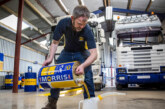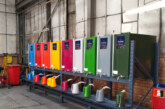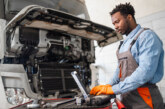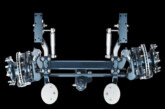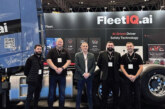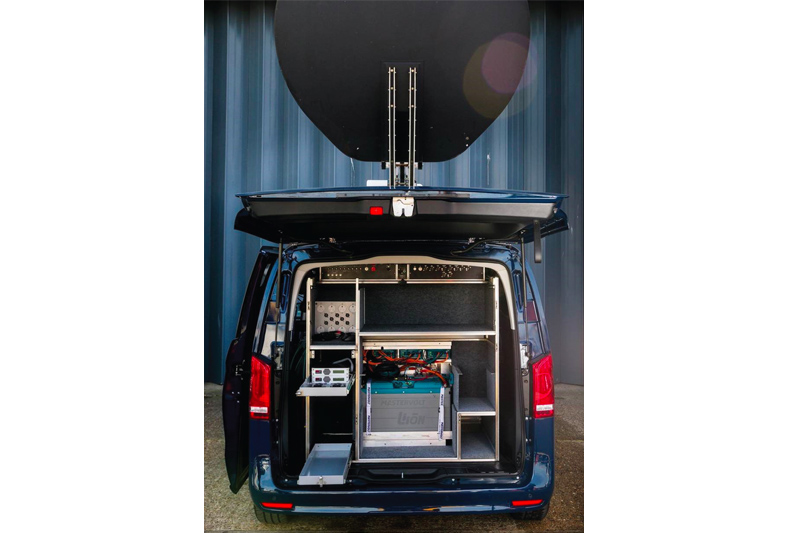
There are other ways of reducing vehicle emissions, says David Payne, vehicle specialist for Fischer Panda. Here he provides some insights.
Reducing emissions in the commercial vehicle sector isn’t limited to converting to electric or hybrid vehicles or the use of alternative fuels. There are many ways a vehicle can reduce its overall emissions through efforts to ensure onboard equipment also operates efficiently.
These days commercial vehicles come with an array of onboard equipment from air conditioning and refrigeration units to generators and power systems driving specialist tools and kit. By analysing the power and energy needs of these , hybrid systems that seamlessly integrate with the vehicle can be designed, ensuring optimal efficiency, and reducing overall emissions.
These hybrid systems might intelligently manage power distribution by utilising green, efficient lithium batteries from leading brands such as Mastervolt or with the use of highly efficient Fischer Panda generators; or they may handle onboard energy management with renewable energy sources such as solar panels.
The potential to reduce emissions with a vehicle’s onboard systems also helps to achieve a cut down in fuel consumption. We know that a traditional air conditioning unit can demand a lot from your engine; by working with partners such as leading HVAC specialist, Autoclima, Fischer Panda UK is able to install some of the most efficient and optimised climate control systems on the market. Climate control systems can be integrated with the vehicle’s overall energy management system to effectively reduce the energy demands on the vehicle, leading to lower fuel and energy consumption whilst also driving overall emissions down.
Onboard equipment really should be a key consideration along with the vehicle itself in meeting ambitious net zero targets. Integrated hybrid systems are aimed at doing just that, and we have worked with several large businesses to achieve this across a range of vehicle applications.
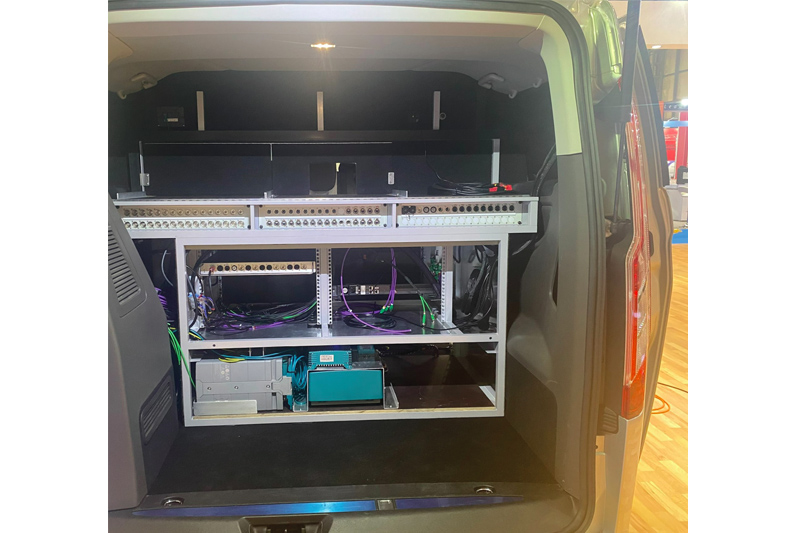
The power of onboard electric
Designing vehicle systems where onboard equipment draws on electric power during idle or low-load operations, can also decrease the reliance on traditional internal combustion engines, leading to a greener operation. For example, the power and energy management systems that Fischer Panda UK installed into SKY’s Ranger broadcasting vehicles, meant that SKY saw a reduction of over 100 tonnes of carbon emissions over the typical operational year across eight specialist broadcast trucks, compared to the traditional engine-driven power system used previously.
If commercial vehicle operators have already made the transition to electric, there are still ways to boost emission reductions. Through looking at smarter ways of maximising payload capacity whilst not compromising the range of a vehicle, is precisely where a review of the auxiliary onboard power systems could be of use.
Operators across all commercial vehicle sectors can ensure the development of properly engineered power solutions, airconditioning and refrigeration as part of their green, emission free journey – talking to the experts to find out what system would suit the vehicle’s needs is the first step.
Ongoing maintenance for these systems is another step in the journey – correct maintenance of onboard equipment can ensure everything is running efficiently and help curb emissions. Fischer Panda UK’s service dealer network supports vehicle operators with servicing to ensure the performance of onboard equipment is optimised, creating yet further positive environmental impacts.
There are many ways commercial vehicle operators can meet emissions regulations and the challenging targets to contribute to cleaner air and create a sustainable future. Replacing an entire fleet with electric vehicles is not the only solution; looking at onboard equipment and the complete system, not only enhances operational efficiency but also plays a large part in driving down emissions.




